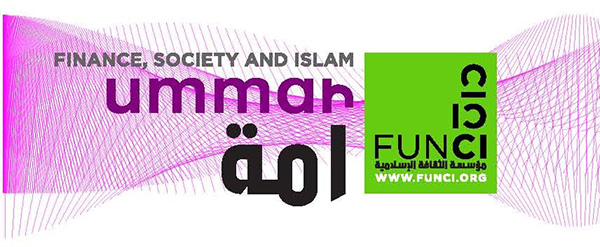![]() Due to the unsustainability of the current financial system, Med-O-Med, inside of its line of sustainable development, aims to contribute to a more fair and balanced development by emerging solutions within Islamic culture, to facilitate social, environmental and economic sustainability.
Due to the unsustainability of the current financial system, Med-O-Med, inside of its line of sustainable development, aims to contribute to a more fair and balanced development by emerging solutions within Islamic culture, to facilitate social, environmental and economic sustainability.
In recent decades, Islamic banking has grown substantially, fueled by the oil boom. This business model has the particularity to follow the ethical precepts of the Koran, which is based on the real economy, not speculation, as well as in the partnership and sharing of investment risks and not usury.
The emergence of Islamic banking, as we know it today, is relatively recent, although it notes the existence of an Islamic financial system since the eighth century AD. The emergence of Islamic banking in its modern form is closely linked to the Islamic cultural renaissance and the independence movements of the twentieth century who questioned the economic dependence on the West. From there, came the idea of developing an inspired economic system of Islam as an alternative to the Western financial system based on usury.
The first financial institutions to apply this business model displayed in Malaysia and in Egypt in the 60’s. In 1963 it is created the first Islamic bank in Egypt (Mit Ghamr Islamic Bank). However, it is considered that the first modern bank of Islamic finance is the Dubai Islamic Bank, established in 1975 in Dubai.
The philosophy of Islamic banking is settled on the principle that money is a medium of exchange and not an end in itself. Its value represents the value of a real good, which means that in practice all Islamic financial products must be backed (insured) by real assets.
The benefit is interpreted as the reward to risk taking or a service. Therefore, obtaining a benefit has to be linked to work and the real economy.
Islamic banking is based on ethical principles of the Koran and is based on two key provisions that prohibit:
* Usury (riba), ie the prohibition of interest and speculation, according to verse 275 of the second sura of the Koran.
* Finance projects related to activities considered “unclean” as the production or sale of weapons, alcohol, snuff, pornography, gambling, or any activities that may encourage human decadence.
This post is available in: English Español

